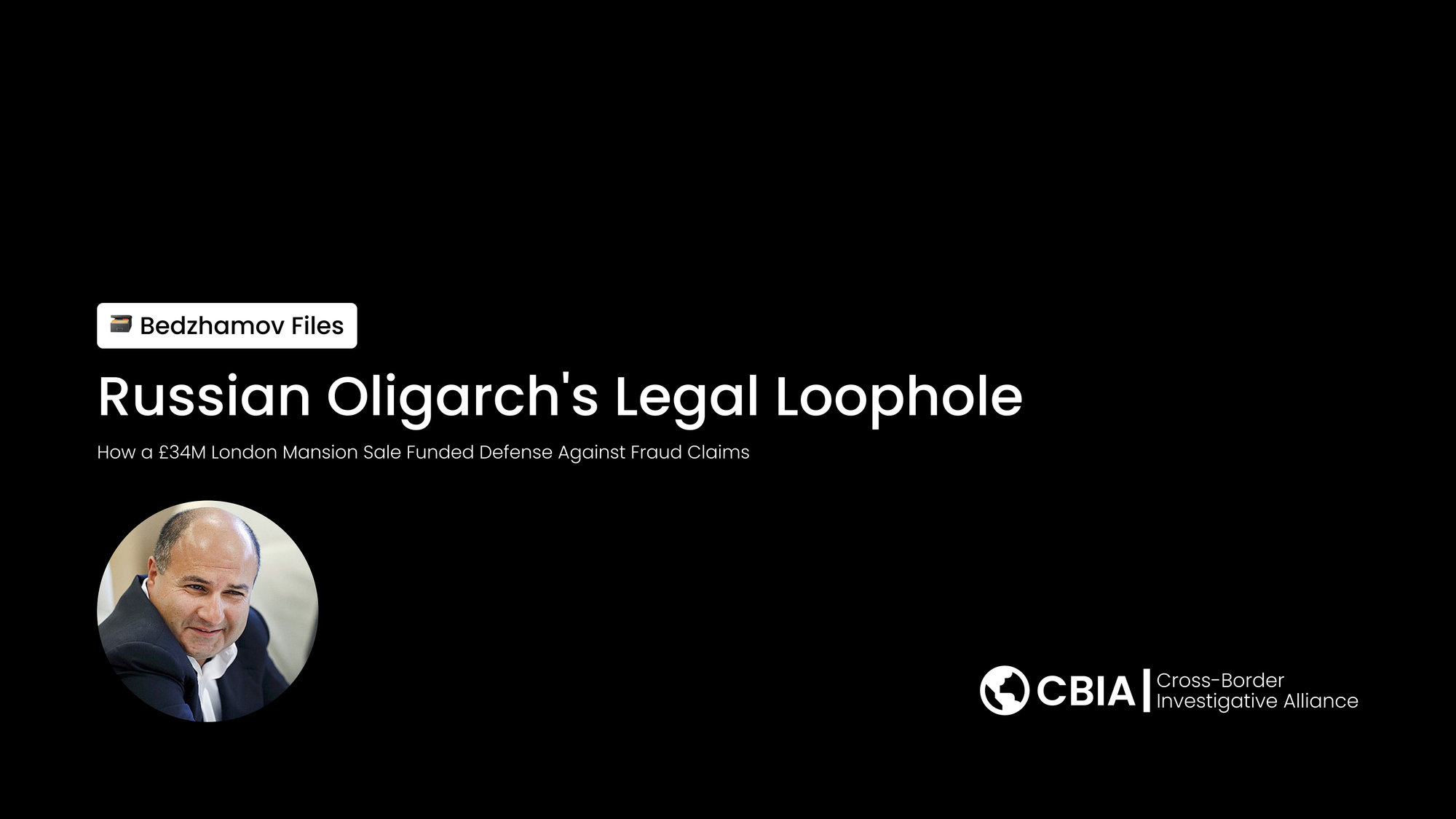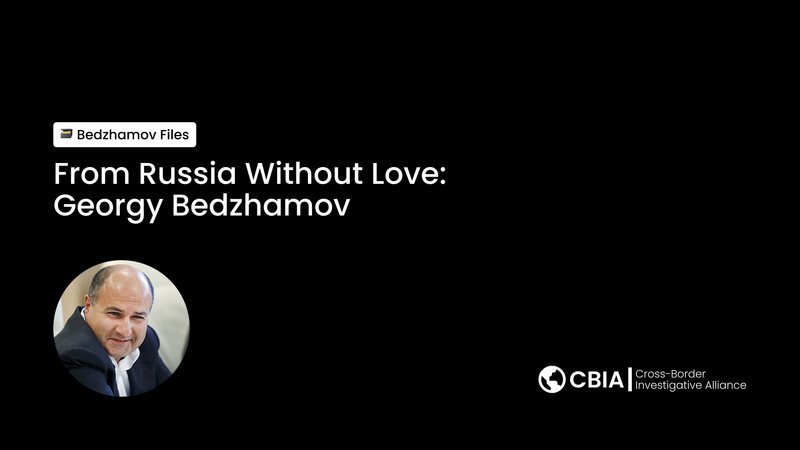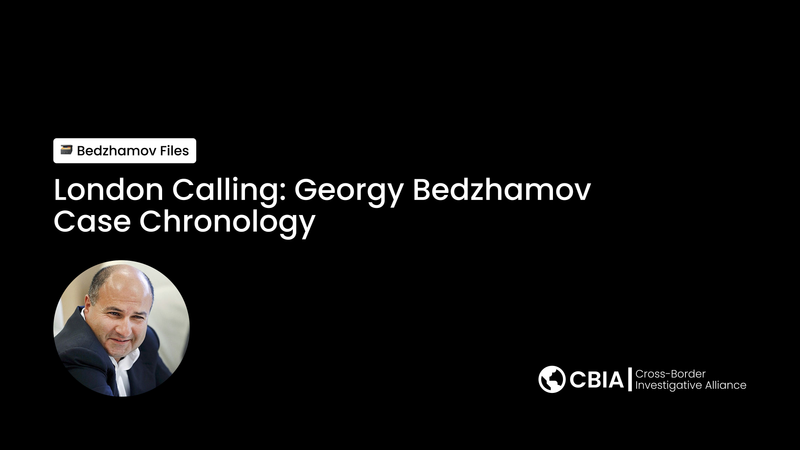Russian Oligarch's Legal Loophole: How a £34M London Mansion Sale Funded Defense Against Fraud Claims

In a remarkable case that exposes vulnerabilities in international asset recovery, the English High Court allowed Russian banker Georgy Bedzhamov to sell his £34 million London mansion to fund legal fees—despite being accused of a multi-billion dollar fraud.
Georgy Bedzhamov, former co-owner of the collapsed Vneshprombank, successfully petitioned the UK's High Court to sell his property at 17 Belgrave Square in London's prestigious Belgravia district. The May 2024 judgment by Mrs Justice Cockerill reveals how an international fugitive can use the English legal system to liquidate frozen assets, effectively using the disputed funds to finance a defense against the very creditors seeking to recover them [1].
The case centers on a £1.34 billion Worldwide Freezing Order (WFO) imposed against Bedzhamov following Vneshprombank's spectacular collapse. Despite this freeze, the High Court granted a 'carve-out' allowing the mansion sale proceeds to cover what the judge deemed 'reasonable legal expenses' [1].
Bedzhamov faces accusations of embezzling massive sums from Vneshprombank between 2009 and 2015, when the bank's license was revoked. His sister Larisa Markus, who served as the bank's president, has already been convicted and is serving a custodial sentence in Russia after fully admitting to the crimes [2]. However, Bedzhamov fled to London in 2016, where he has been fighting extradition and asset recovery claims.
The Belgrave Square property, purchased in January 2015, represents one of London's most exclusive addresses. According to Russian authorities, the mansion was allegedly acquired using funds embezzled from Vneshprombank and its depositors [2]. The Russian legal news agency RAPSI reported that Moscow courts have seized the property as part of criminal proceedings, with authorities believing "the money which Bedzhamov used to purchase Belgrave Square property was previously stolen from the Bank and its customers" [2].
The case has attracted significant legal attention for its implications on sanctions law and asset recovery. The proceedings involve complex questions about "reasonable cause to suspect" under UK sanctions regulations, particularly given the involvement of A1 LLC—a Russian company that has been funding the litigation against Bedzhamov [1].
A1 LLC, part of the Alfa Group conglomerate founded by sanctioned oligarchs Mikhail Fridman, German Khan, and Alexey Kuzmichev, allegedly transferred ownership just before sanctions were imposed in March 2022. The court expressed concerns that this transfer might have been a sham designed to circumvent sanctions, with Mrs Justice Cockerill noting "multiple overlapping indications which suggest that the transfer and sale were not arms length transactions" [1].
The mansion sale raises troubling questions about the effectiveness of asset freezing orders in international financial crimes. Legal experts note that the case demonstrates how sophisticated defendants can exploit legitimate legal protections—such as the right to legal representation—to access frozen assets.
This case exemplifies the challenges facing international asset recovery efforts, particularly when fugitive defendants can access frozen assets through legal carve-outs designed to ensure fair proceedings. The victims—thousands of Vneshprombank customers and depositors, both Russian and foreign—continue to seek recovery while defendants potentially use the very funds they're accused of stealing to finance their defense.
Sources:
[1] Vneshprombank LLC v Bedzhamov, High Court of Justice of England and Wales, [2024] EWHC 1048 (Ch), 3 May 2024
[2] Moscow court seizes Georgy Bedzhamov's elite London mansion, RAPSI News Agency, 27 January 2021



